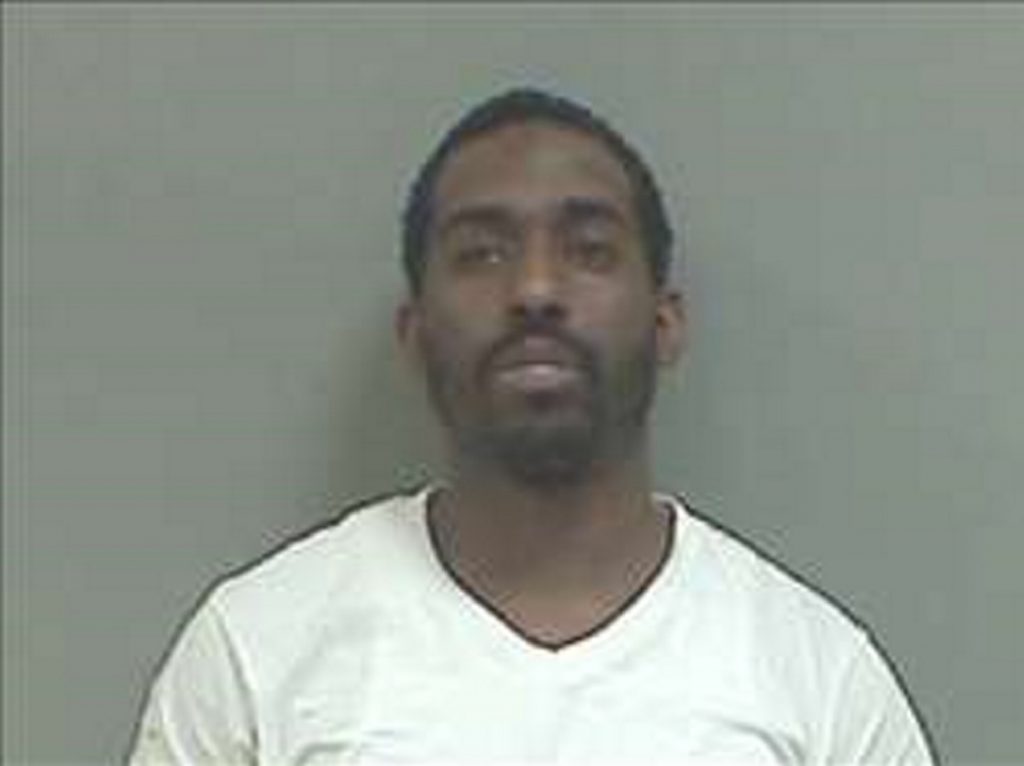SKOWHEGAN — Somerset County commissioners on Wednesday agreed to accept nearly $10,000 in criminal forfeiture money from two separate drug busts last year. The votes were unanimous, 5-0, with no discussion.
Commissioners approved the receipt of $2,240 in U.S. currency seized by the Somerset County Sheriff’s Office from Davon Bell in a drug raid in Skowhegan on April 5, 2018. Commissioners also accepted $7,437 in U.S. currency seized from Jamel Champagne in a major drug raid in the town of Detroit on Sept. 20, 2018.
A court judge still has to sign off on the final transfer of funds, District Attorney Maeghan Maloney said Wednesday.
“With Mr. Bell, he is the only defendant in that case, so we did indict the money, and we have the judgment and committal,” Maloney said. “The county commissioners will need to sign off on it, and then we’ll get a final order signed by the court, and then we can distribute the money.
“With Mr. Champagne, because there are three defendants, he has to go through that process with all three of them before we can distribute the money.”
In the case involving Davon Bell, Somerset County Sheriff’s detectives seized more than 55 grams of crack cocaine from a home on Madison Avenue in Skowhegan on March 30, 2018. The Maine Drug Enforcement Agency and Skowhegan Police Department assisted sheriff’s deputies and detectives.
During the search, more than 55 grams of crack cocaine, $2,240 in cash, several digital scales, drug-packaging material, drug-related paraphernalia, drug-related documentation and controlled pills were seized. The cocaine has an approximate street value of $5,500.
Bell, 31, of Rochester, New York, was arrested and charged with aggravated trafficking in a scheduled drug and possession of a scheduled drug. The drug trafficking charge against Bell is aggravated because of the amount of crack cocaine seized — over 32 grams — and Bell has prior felony drug convictions in New York.
Maloney said Bell pleaded guilty to a felony charge of aggravated trafficking in scheduled drugs and was sentenced to eight years in prison, with none of the sentence suspended. The seized money was turned over to the county.
In the Champagne case, five people were arrested, two of them from New York City, in an early morning drug raid on North Road in the town of Detroit. Champagne, 34, said to be a transient from New York, pleaded guilty to aggravated trafficking and was sentenced to serve four years in prison, with no probation.
Located during the search of the home was more than 26 grams of crack cocaine, a small amount of heroin, Oxycodone pills, controlled pills, over $7,400 in cash, digital scales, drug-packing material, drug-related documentation and drug-related paraphernalia, police said at the time. The seized drugs have an approximate street value of $2,800.
The two others who face criminal forfeiture hearings after their arrest with Champagne that day are Chelsea Clements, 21, of Plymouth, and Dashawn White, 26, of the Bronx, New York. White has pleaded guilty to a felony trafficking charge and was sentenced to serve 18 months in prison, according to Maloney. Clements’ case is still pending, she said.
Lucas Judkins, 34, of Detroit, pleaded guilty to a felony charge of trafficking and was sentenced to four years in prison with all but six months suspended, two years of probation and a $400 fine. His case is not part of the criminal forfeiture proceedings.
A fifth person, Tabatha Lombard, 30, of Detroit, accepted a deferred disposition, meaning her charge will be reduced to misdemeanor drug possession. She will be under the supervision of the sheriff’s office, and if she abides by the rules of supervision, the charge will be reduced. Her case is not part of the criminal forfeiture.
Somerset County Sheriff Dale Lancaster said the county takes in about $20,000 annually in drug forfeiture money.
He explained that if authorities believe that assets such as cash, guns or motor vehicles are associated with drug sale proceeds, they can be seized and ultimately forfeited.
Lancaster said the money goes into a drug forfeiture account.
“Some of it is used to enhance police operations that we don’t have to go to the taxpayer for,” the sheriff said. “We’ve used some of that forfeiture money to upgrade our computers.”
Doug Harlow — 612-2367
dharlow@centralmaine.com
Twitter:@Doug_Harlow
Send questions/comments to the editors.





Comments are no longer available on this story